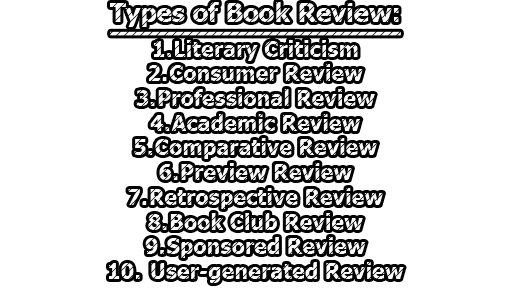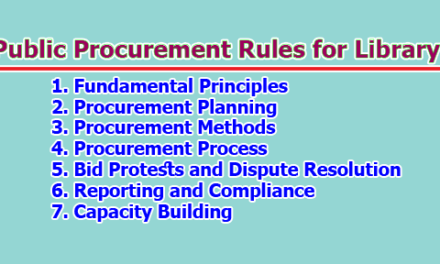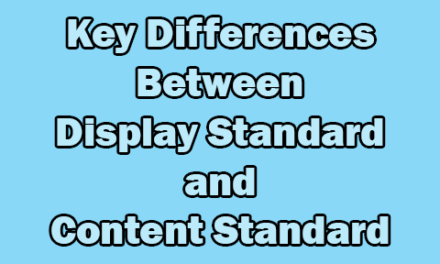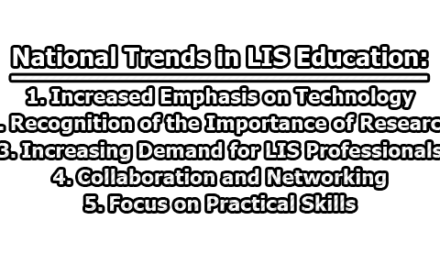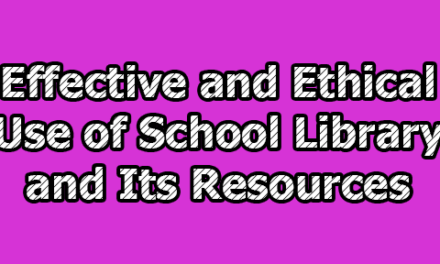A book review is a critical evaluation of a book’s content, style, and relevance to its intended audience. It typically includes a summary of the book’s main points and an assessment of its strengths and weaknesses. The purpose of a book review is to provide potential readers with a clear and unbiased evaluation of the book, so they can decide whether or not it is worth their time and money. Book reviews can be written by professional reviewers, academics, or anyone with an interest in the book. They can be published in newspapers, magazines, academic journals, or online platforms such as blogs or social media. In the rest of this blog, we are going to know about types of book review, key elements for book review, and the necessity of book review.
Types of Book Review:
There are several types of book reviews, each with its own unique characteristics and purposes. Here are some of the most common types of book reviews:
1. Literary criticism: This type of review focuses on analyzing the literary elements of a book, such as the writing style, use of symbolism, and character development. Literary criticism reviews are often written by experts in the field of literature and are intended for an academic audience.
2. Consumer review: This type of review is written by readers for readers and is intended to provide a personal opinion about the book. Consumer reviews often focus on the reader’s personal experience with the book and may include anecdotes or stories about how the book impacted them.
3. Professional review: These are reviews written by professional book reviewers, often for publications such as newspapers or magazines. Professional reviews typically provide a detailed analysis of the book’s themes and writing style and may be more critical than consumer reviews.
4. Academic review: These reviews are written by academics and are intended for an academic audience. They often focus on the book’s contribution to the field of study and its relevance to current research.
5. Comparative review: This type of review compares two or more books on similar topics or in the same genre. The review may evaluate the strengths and weaknesses of each book and provide a recommendation for which book to read.
6. Preview review: These are reviews written before a book’s release, often based on advanced copies or manuscripts. Preview reviews may provide insight into the book’s themes and writing style and can generate buzz and anticipation for the book’s release.
7. Retrospective review: This type of review looks back on a book that has already been published and evaluates its impact and relevance in the years since its release. Retrospective reviews may consider the book’s historical or cultural context and evaluate how it has stood the test of time.
8. Book club review: This type of review is intended for book clubs and focuses on discussion points and questions that can be used to facilitate a group conversation about the book. Book club reviews often include open-ended questions about the book’s themes and characters.
9. Sponsored Review: This type of review is paid for by the author, publisher, or another sponsor and is intended to promote the book. Sponsored reviews may focus on the book’s positive attributes and are often written by professional reviewers or bloggers.
10. User-generated reviews: These reviews are written by everyday readers and are posted on websites like Amazon, Goodreads, or Barnes & Noble. User-generated reviews are often shorter and less detailed than professional reviews but can be valuable for getting a sense of how readers responded to the book.
In addition to these types of book reviews, there are also different formats for reviews, such as video reviews or podcasts. The format of your review may depend on your personal preference and the preferences of your intended audience. Regardless of the type or format, a good book review should provide readers with useful and informative insights into the book.
Key Elements for Book Review:
The key elements for a book review typically include:
- Introduction: The introduction should provide context for the review and give readers a sense of what the book is about. You can include information about the author, the genre, and any relevant historical or cultural context that will help readers understand the book.
- Summary: In the summary section, you should provide a brief overview of the book’s plot, characters, and themes. Be careful not to give away any spoilers or reveal too much of the story, but make sure to cover the main points.
- Analysis: This is the heart of the review, where you provide your analysis and evaluation of the book. You should consider the author’s style, the structure of the book, the effectiveness of the characters and themes, and any other elements that you feel are important. Use specific examples from the book to support your arguments and try to be as objective as possible.
- Evaluation: In this section, you should provide your overall assessment of the book. Would you recommend it to others? What are its strengths and weaknesses? What did you think of the author’s style and approach? Be honest and balanced in your evaluation, and provide evidence to support your arguments.
- Personal opinion: Although the review should be objective, it’s also important to include your personal opinion and response to the book. This can help readers understand why you feel the way you do about the book and can add a more personal touch to the review.
- Criticism: A good book review should include constructive criticism of the book. This means pointing out areas where you feel the author could have done better or areas where the book fell short of your expectations. However, it’s important to be respectful and avoid personal attacks or insults.
- Comparison: Comparing the book to others in the same genre or on similar topics can be helpful for readers who are trying to decide whether to read the book. This can also help highlight the book’s unique qualities and contributions.
- Target audience: It’s important to consider the intended audience for the book and whether it would be a good fit for that audience. For example, a book written for children may be reviewed differently than a book written for adults. Keep in mind who the book is intended for and whether it achieves its intended purpose.
- Use of Language: A book review should use clear and concise language to convey your thoughts and opinions on the book. Avoid using overly technical language or jargon that may be difficult for readers to understand. Use language that is appropriate for the intended audience and maintain a consistent tone throughout the review.
- Conclusion: The conclusion should summarize the main points of the review and reiterate your overall assessment of the book. You may also include a final thought or recommendation for readers. Make sure the conclusion is clear and leaves readers with a sense of your opinion of the book.
So, a good book review should provide readers with a clear and unbiased evaluation of the book. It should include a brief summary, an analysis of the book’s strengths and weaknesses, and a personal opinion. By including these key elements, you can provide readers with valuable insight into whether the book is worth their time and money.
The Necessity of Book Review:
Book reviews are an important tool for readers, authors, and the publishing industry as a whole. Here are some reasons why book reviews are necessary:
- Helps readers make informed decisions: Book reviews provide readers with valuable information about a book’s content, style, and quality. By reading reviews, readers can make more informed decisions about whether to purchase or read a particular book.
- Promotes literacy: Book reviews can help promote literacy and a love of reading by providing readers with recommendations and encouraging them to explore new authors and genres.
- Supports authors: Book reviews can be a valuable marketing tool for authors, especially for independent or self-published authors who may not have the resources to promote their books through traditional channels. Positive reviews can help generate buzz and increase sales.
- Provides feedback for authors: Reviews can provide valuable feedback for authors, helping them understand what readers like and dislike about their work. This feedback can help authors improve their writing and develop their skills.
- Shapes the publishing industry: Book reviews play a role in shaping the publishing industry by influencing which books are promoted, which authors are signed, and which genres are popular. Reviews can help identify emerging trends and support diversity in literature.
- Encourages critical thinking: Writing a book review requires critical thinking skills, as reviewers must analyze the book’s content, style, and themes. Reading book reviews can also encourage critical thinking by exposing readers to different perspectives and opinions.
- Helps to build a community of readers: Book reviews can help create a sense of community among readers, as they share their opinions and recommendations with each other. By reading and writing reviews, readers can connect with like-minded individuals and find new books and authors to explore.
- Provides a platform for diverse voices: Book reviews can amplify the voices of marginalized or underrepresented authors, providing a platform for them to be heard and promoting greater diversity in literature.
- Helps to preserve literary history: Book reviews can serve as a historical record of the literary landscape, documenting the critical reception and impact of books over time. They can also help to preserve the cultural context of a particular era, providing insights into the social and political issues of the time.
- Encourages lifelong learning: Reading and writing book reviews can encourage lifelong learning by exposing readers to new ideas, perspectives, and genres. By exploring a wide range of literature and engaging in critical analysis, readers can continue to learn and grow intellectually throughout their lives.
Overall, book reviews are a necessary and valuable tool for readers, authors, and the publishing industry as a whole. They provide important information, feedback, and support for everyone involved in the world of books.

Library Lecturer at Nurul Amin Degree College

